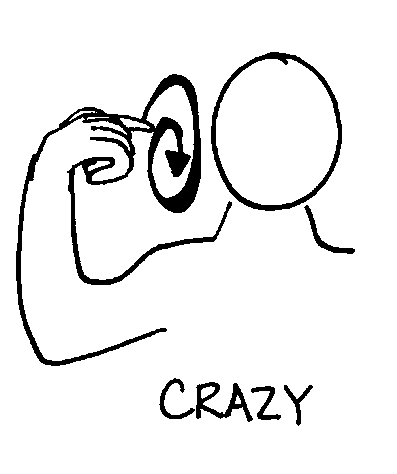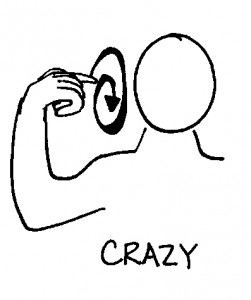When isolating becomes the norm
 Depression and anxiety are bad enough, but sometimes their side effects can feel like the poison-filled icing on top of what’s already a pretty terrible-tasting cake. If you’re depressed — and not sleeping, or can’t motivate yourself, or are pretty convinced you’re the worst person who’s ever lived — than my heart goes out to you. If you’re anxious — and can’t concentrate, or can’t slow down your racing mind — than I am so, so sorry. Depression and anxiety are bad enough, and the symptoms that often come along with them are enough to make us feel crazy, even though we’re not.
Depression and anxiety are bad enough, but sometimes their side effects can feel like the poison-filled icing on top of what’s already a pretty terrible-tasting cake. If you’re depressed — and not sleeping, or can’t motivate yourself, or are pretty convinced you’re the worst person who’s ever lived — than my heart goes out to you. If you’re anxious — and can’t concentrate, or can’t slow down your racing mind — than I am so, so sorry. Depression and anxiety are bad enough, and the symptoms that often come along with them are enough to make us feel crazy, even though we’re not.
One of my least favorite things about depression and anxiety (because I keep a list, right?) is how scarily isolated people can feel and become. When we don’t feel good, the impulse is usually to hole up by ourselves. It’s not a bad thing for a night or two or three, but when those consecutive nights watching Atlanta forecasts on the Weather Channel tick up in the double-digits then it may be a sign things aren’t headed in a good direction.
And yet, if you feel bad, then hanging out with people can feel fake. On the outside you might be all smiles, but on the inside you may be feeling like you’re one minute away from breaking out in tears or a panic attack. It can take a huge amount of energy to fake that everything’s okay when everything really feels like it’s crumbling around and inside you.
So if you’re reading this right now and this description of anxiety and depression resonates, then please consider the possibility of finding some support. Not the kind of support that tells you “it’s going to be alright” but the kind of support that helps you figure out how to make things be alright. Your mind can slow down. You are capable of feeling well-rested. You can feel better. You don’t need to go through this alone.



